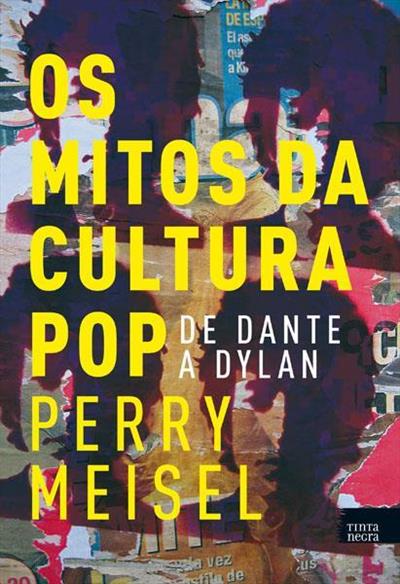The first time I saw Stevie/Steve Winwood was the day I took my army physical back in the '60s. Judging from the pallor and scrawny frame, it was Windwood who needed the physical. With one foot in heaven and the other somewhere in Georgia, Winwood's persona was precarious enough even during Traffic's glory days. In the intervening years, his work has continued to balance the elfin and the earthy, but it has grown alarmingly diffuse in the process. Despite his increasingly overt commitment to rhythm and blues since the late '60s, Winwood's singing has lost much of its precision and inventiveness. With Traffic now officially disbanded, the release of his new solo LP (Steve Winwood, on Island) represents his lowest ebb in years.
Not that it's offensively bad - rock and roll perennials like Winwood are usually incapable of that. Compared to last year's collaboration with Stomu Yamashta and Michael Shrieve on Go, the new solo disc is a highly wrought production piece in the classic Traffic mold, with its sinewy instrumental parts polished to a sleek, ripply shine. In fact, with Traffic veterans Jim Capaldi, Willie Weeks, and Rebop in evidence throughout the album, this is really a Traffic LP in every way but the billing. Winwood extracts his characteristic textures, colors, and dimensions from a core ensemble whose only new face is session drummer Andy Newmark, who executes Winwood's ensemble conceptions with due understanding of the Traffic signature. Above all, the slow, deep groove is still there, rooted in the snare and bass drum, and packed tight by Winwood's spare but strategic overdubbing on piano, organ, and guitar.
What's lacking, though, is a sharp vision - the melodic and emotional focus that has eluded Winwood since The Low Spark of High-Heeled Boys (perhaps even since John Barleycorn Must Die), and that was regained only briefly when the Muscle Shoals Rhythm Section joined Traffic for awhile in 1973 - 74. By contrast, a subtle kind of tunefulness abounds on the Go album, thanks almost entirely to Yamashta, and it is precisely the absence of such insinuating melodies that makes the grooves and textures of Winwood's new LP ultimately pointless and repetitive - the Traffic structure is still intact, but the guts have gone out of it.
Nor is there much more than a whisper here of Winwood's past exertions on solo guitar or even keyboards. Sure, the organ drenches and funky fills are abundant enough, but they serve tunes so formless that the attention wanders far too often, except on a few enticing refrains ("Midland Maniac" and "Vacant Chair"), which tease the expectations without ever delivering a real chorus or even a memorable phrase. What attempted hooks there are tend to echo past gambits like Blind Faith's "Do What You Like" on "Luck's In" (though played in 6/8 instead of 5/4), or to deploy vaguely commercial shticks like the disco/choral chanting on "Time is Running Out."
That Winwood is frustrated, or drained, or both, is an explicit part of what the album has to say. "Sometimes it's hard to express what you feel," sings Winwood on"Let Me Make Something in Our Life," and the reason seems to be that "it's hard," as he puts it, "to say [see?] the things that are real." Winwood's enduring struggle with Ray Charles's influence may account for his quandary, although it seems rather late in the game for such anxieties to effectively hamper him. But with a history of titles and lyrics that bespeak imprisonment and a violent wish for release, something is obviously bothering him, though it's hard to tell exactly what it is. Now 28, Winwood has reached the end of rock and roll romanticism. What comes next is what we'd all like to know.
Originally published in The Village Voice, July 18, 1977



